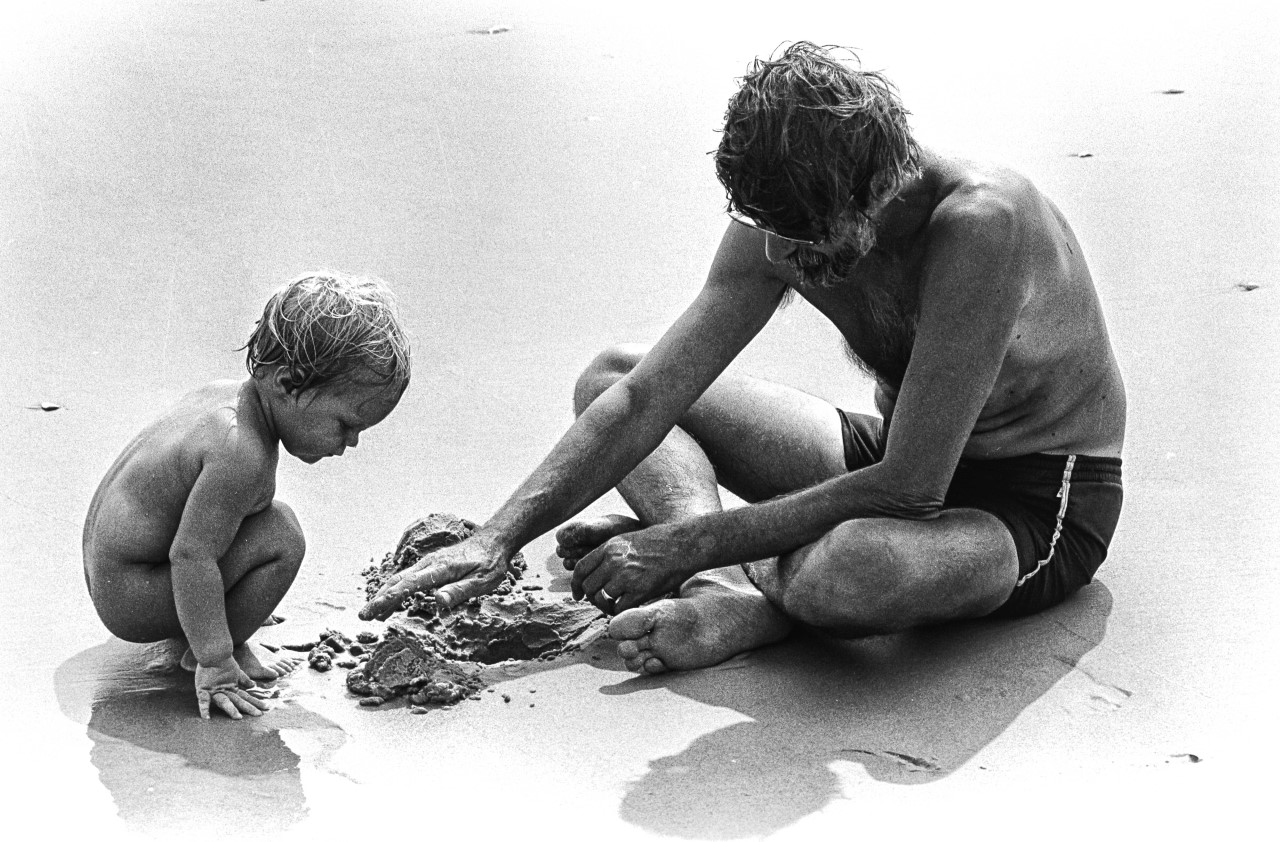What follows is a brief excerpt from Robert Creeley on the Poet’s Work, in conversation with & photographs by Bruce Jackson–a new book documenting a Q&A between Jackson and Creeley that took place in 2001. In the passage below, Jackson’s prompts are bolded.
I mean the thing about being poor is–
Well, that’s never, obviously, it’s pleasure to have more money. But it’s, one–
It’s liberating in a way.
It isn’t. A friend once said if one has X amount of money, more than one literally needs for survival, it’s great. If you have–. Discretionary funds, are wonderful, in any life circumstance, so you can say, not just take a day off but you can arbitrarily do something or get something that has no, that just can’t occur. To have not even a choice, but to be willful or just to give it to the next person who walks by.
I remember Gide. I remember reading years ago Gide’s qualifications in one of those three volumes of his journals, where he’s saying in relation to the Protestant ethos that the whole sense of it is more blessed to give than to receive. And Gide’s reflection is that really doesn’t recognize those who have nothing to give, who don’t have something to give, who are out of this exchange not because they don’t want to give something but because they have physically nothing to thus to give. They can’t be charitable because they have no means to be.
I think that any, life, socially, would affect, say, one’s functions or abilities as a poet. But I don’t think being poor is helpful. Case in point would be our terrific neighborhood with our extraordinary old-time neighbors, almost all of whom are working to make ends meet. One of the dilemmas in a neighborhood as this, expectably, is it’s hard to get a constituency to pay attention to much else in that daily need. We could talk till the cows come home about neighborhood projects and this or that, but it isn’t that these people would not hear us or choose to hear us or resist. They just don’t; they haven’t got any means or time. We’re probably the only people for blocks around who have the leisure to think of Black Rock as it might otherwise be. Everyone else is too damn busy surviving.
The Road to Wigan Pier. That’s what that’s about.
So again, thinking of poetry, I’ve been very moved by poetry that somehow has become part of the necessary fact of being alive in the time. That’s why I so respect Gregory Corso, for example, who was certainly poor. He told me once wonderfully. He said, “Bob, you always need one decisive garment on your body. You always need something that’s really stylish. That’s how you get by.” He said, “For example, my shoes: sneakers. A couple bucks, someone gave ’em to me. Stockings: nothing. Pants: orderly pants I got at a hospital.” He said, “But this shirt: this is Italian silk.”
[laughter]
Robert Creeley on the Poet’s Work includes photos of Creeley taken by Jackson over the course their long friendship. The one below is of Creeley and his son Will at Wrightsville Beach in 1984.
